Neuroscience
-
 Health & Medicine
Health & MedicineHow scientists are shifting their search for links between diet and dementia
Studies of food’s impact on Alzheimer’s disease and dementia are hampered by complexity. Scientists hope new research approaches prove more fruitful.
-
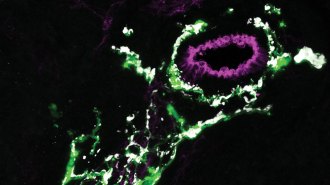 Neuroscience
NeuroscienceGlial cells may take on big jobs in unexpected parts of the body
Scientists are finding mysterious glia in the heart, spleen and lungs and wonder what they’re doing there.
-
 Neuroscience
NeuroscienceHeadbutts hurt the brain, even for a musk ox
Though musk oxen are built to bash, a study of the headbutters turned up signs of brain damage. But that may not be catastrophic for the bovids.
-
 Science & Society
Science & SocietyCOVID-19 has killed a million Americans. Our minds can’t comprehend that number
We intuitively compare large, approximate quantities but cannot grasp such a big, abstract number as a million U.S. COVID-19 deaths.
By Sujata Gupta -
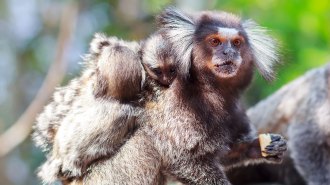 Animals
AnimalsBaby marmosets may practice their first distinctive cries in the womb
Ultrasounds tracking fetal mouth movements in baby marmosets pinpoint the early development of the motor skills needed for vocalization.
By Anna Gibbs -
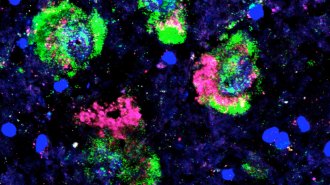 Neuroscience
NeuroscienceA very specific kind of brain cell dies off in people with Parkinson’s
Of out 10 kinds of dopamine-making nerve cells, only one type is extra vulnerable in Parkinson’s disease.
-
 Neuroscience
NeuroscienceMom’s voice holds a special place in kids’ brains. That changes for teens
Unfamiliar voices hold special appeal for teens, a sign of a shift from a focus on mostly family to wider networks, brain scans suggest.
-
 Humans
HumansWhere you grew up may shape your navigational skills
People raised in cities with simple, gridlike layouts were worse at navigating in a video game designed for studying the brain.
-
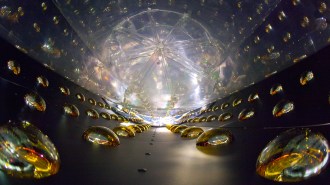 Science & Society
Science & SocietyHere are the Top 10 times scientific imagination failed
Some scientists of the past couldn’t imagine that atoms or gravity waves could one day be studied – or nuclear energy harnessed.
-
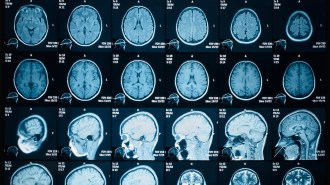 Health & Medicine
Health & MedicineWhat do we mean by ‘COVID-19 changes your brain’?
The events of our lives are reflected in the size, shape and behavior of our constantly changing brains. The effects of COVID-19 changes aren’t clear.
-
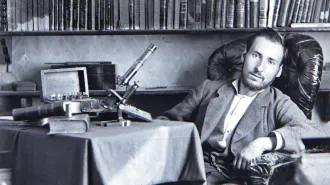 Neuroscience
NeuroscienceHow a scientist-artist transformed our view of the brain
The book ‘The Brain in Search of Itself’ chronicles the life of Santiago Ramón y Cajal, who discovered that the brain is made up of discrete cells.
-
 Neuroscience
NeuroscienceA hit of dopamine sends mice into dreamland
New results are some of the first to show a trigger for the mysterious shifts between REM and non-REM sleep in mice.